And the quantity of glass depends on the table size of the glass tempering furnace (i.e. loading capacity), type and thickness of the glass. For instance, 4 KWh of power consumption of a glass tempering furnace means that it takes 4 KWh of electricity to temper 1 m2 of 5 mm thick clear glass.
The installed power of a glass tempering furnace refers to the sum of the powers of all electrical components that comprise the electric section of the tempering furnace. The value of installed power is not related to the amount of power consumption of a tempering furnace. It’s measured in kilowatt (KW).
For example: The installed power of a tempering furnace’s heating section is the productivity of this tempering furnace at its full capacity. The installed power of a tempering furnace should match its installed capacity. E.g.: LD-A2436 glass tempering furnace has 800KW installed power.
If its installed capacity is 800KVA, it is appropriate to be equipped with a 800KVA transformer. Smaller transformer will lead to a reduction of its expected capacity while an oversized transformer will increase costs and waste resources.
Installed capacity of a tempered glass machine refers to the size of the transformer recommended by the manufacturer to the customers. It’s measured in kilovolt ampere (KVA).
Suppose a LD-A2436 radiation tempering furnace has the installed capacity of 800 KVA, the continuous production capacity for tempering 5 mm clear glass is 15 batches/hour at 65% loadage.
To lower the installed capacity of a glass tempering machine or to have a smaller transformer, you have to reduce its loading capacity or its production efficiency.
Therefore, in order to meet a glass tempering machine’s desired productivity, quality standard, and power consumption, it is essential to select the right transformer and provide the proper installed capacity.

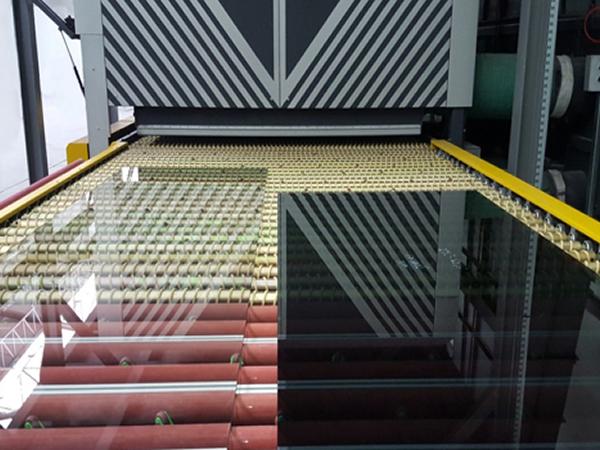

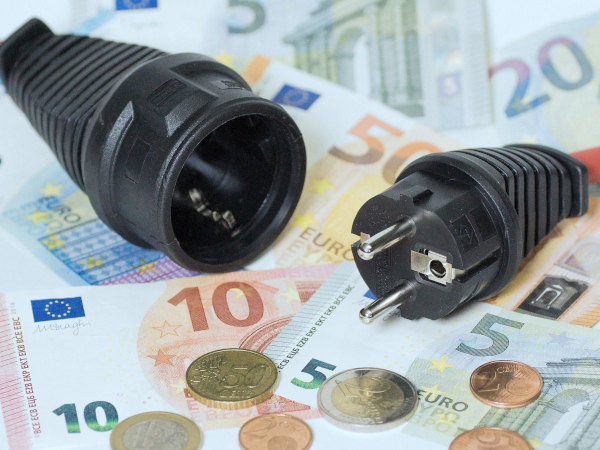
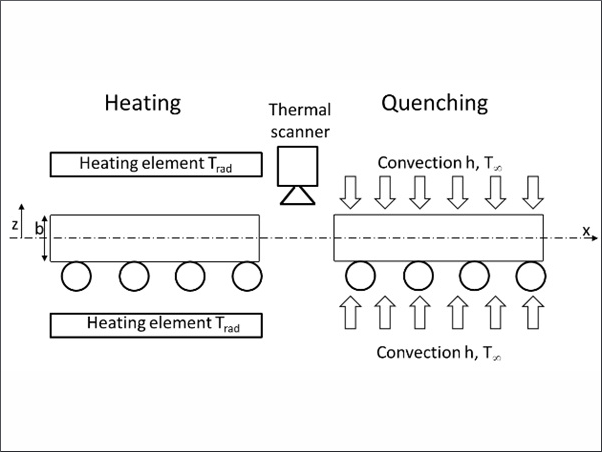


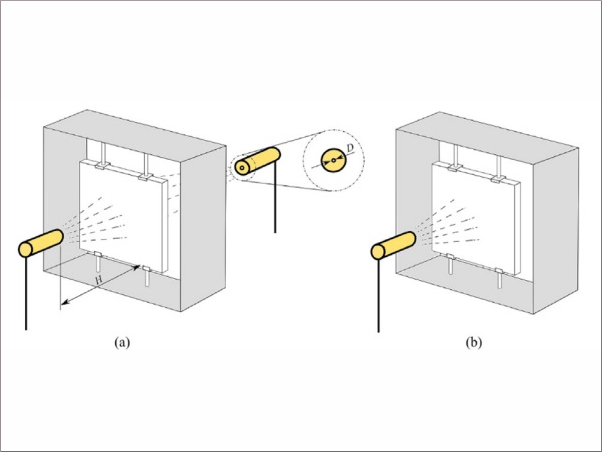
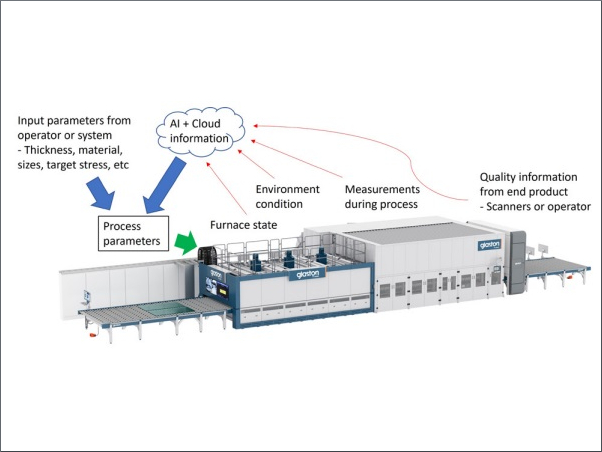








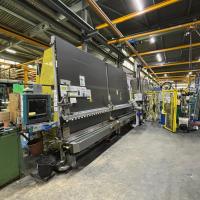
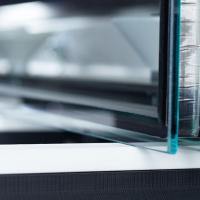
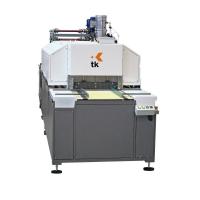
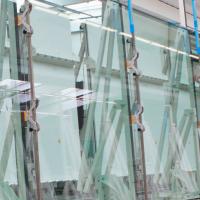
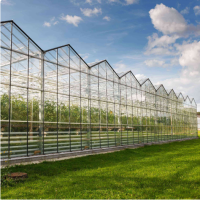
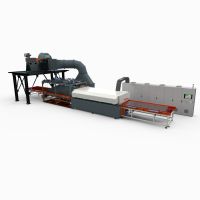
Comments
The total power of all the electrical parts that make up the glass tempering furnace's electric section is referred to as the installed power.